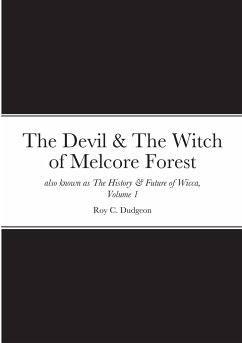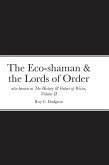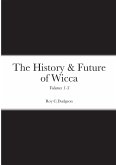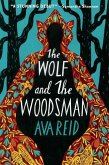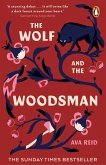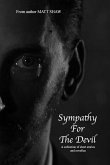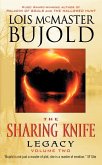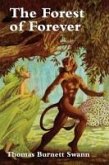Within the pages of this book you will find a remarkably well constructed narrative, which masterfully blends fantasy and science fiction elements until it finally becomes what it is, a brilliant piece of alternative history. Set in an alternate universe and timeline, this allows for much thinly veiled satire of our own religions, history, philosophies and prejudices throughout. The influence of the author's two major academic works are also quite evident. The Medicine Wheel, portrayed here as the central symbol of Wicca, is actually derived from his study, Common Ground: Eco-Holism and Native American Philosophy, where its meanings and implications for actual Western philosophy, and even practice, were explored. Meanwhile, his book on the philosophy of science, "The Pattern Which Connects: Batesonian Holism as Post-modern Science" applied these ideas in order to argue that ecology/eco-holism, should be seen not as a "supplement to current economic thinking, but rather as a replacement for it...as the mother of all sciences," as economics itself was once described. To conclude, I would highly recommend both as additional readings for those of a scholarly bent, such as myself, who would like to achieve a deeper understanding of the level at which much of the social satire contained herein operates in more detail. Dr. Shayala Knight, author of "We and They: How Persecution and Prejudice Subvert the Introduction of New Ideas."
Hinweis: Dieser Artikel kann nur an eine deutsche Lieferadresse ausgeliefert werden.
Hinweis: Dieser Artikel kann nur an eine deutsche Lieferadresse ausgeliefert werden.

